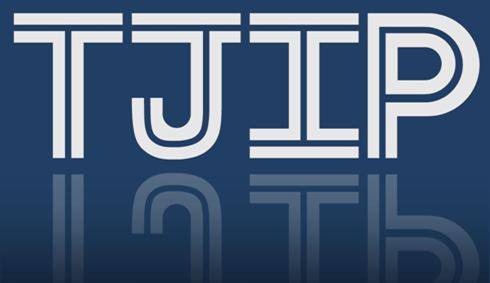February 18, 2025, 09:16 | China Times News
2024 Generative AI Patent Survey Released: China Leads in New Patents
[By Li Wenhui]
The Paper reported on the 18th that the Paris AI Action Summit, hosted by the French government and co-hosted by the Indian government from February 10 to 11, garnered global attention. According to the generative artificial intelligence (GenAI) patent search methodology published by the World Intellectual Property Organization (WIPO) in 2024, an examination of patent databases revealed that 45,000 new GenAI-related patent entries were added worldwide in 2024, equivalent to the total from the past decade. Among them, China accounted for 27,000 entries, representing 61.5% of the total and ranking first globally, while the United States followed with 7,592 entries, securing second place. Europe ranked third.
Furthermore, WIPO’s analysis of inventor locations from 2014 to 2023 indicates that the top five sources of GenAI patents were China, the United States, South Korea, Japan, and India.
It is important to note that the jurisdiction where a patent is filed does not necessarily reflect the inventor’s country of origin. In fact, the European Patent Office’s data for 2024 shows that the company with the most disclosed GenAI patents was South Korea’s Samsung (254 patents), followed by the United States’ Google (54 patents) and China’s Huawei (51 patents).
The Paper reported that an analysis of GenAI patent data shows a significant surge in 2024. Although GenAI is only a subfield of AI and its share of overall AI patents remains relatively low—by the end of 2024, global AI patent filings had reached nearly 2.6 million, while GenAI accounted for over 90,000, making up just 3.6%—the ability of GenAI to create new content, including text, images, and music, by learning from existing data has solidified its status as a key focus in the AI field.
The pivotal moment that propelled GenAI into the spotlight was OpenAI’s release of ChatGPT in November 2022, which showcased the immense potential of GenAI to the world. Since then, China alone has introduced hundreds of large AI models, with text-to-image and text-to-video applications emerging in rapid succession.
While China and the U.S. have taken the lead in AI development, Europe has adopted a more aggressive stance on AI regulation. The world’s first comprehensive AI regulatory framework, the Artificial Intelligence Act, was introduced by the European Union and officially came into effect on August 1, 2024.
However, only six months after the law’s implementation, the EU is considering loosening restrictions on AI development. At this year’s summit, French President Emmanuel Macron and senior EU officials indicated that the EU would simplify regulations on AI technology development to foster growth within the region.
According to The Paper, among the top 20 companies with the highest number of GenAI patents in 2024, 11 were from China, including Tencent, Baidu, and China Mobile. The U.S. had seven companies on the list, while Europe had only one — Siemens.
As commercial giants from China and the U.S. aggressively expand their presence in GenAI, it is understandable why Macron expressed concerns that Europe might only play the role of a consumer in the AI landscape.
Beyond commercial enterprises, academic institutions in China also led in GenAI patent filings over the past year. In 2024, the Chinese Academy of Sciences topped the list with 492 new GenAI patents, followed closely by Zhejiang University and Tsinghua University in Beijing.

Taiwan TJIP International Patent Trademark Firm
國際專利商標事務所
Taiwan TJIP International Patent Trademark Firm

Taiwan TJIP International Patent Trademark Firm
國際專利商標事務所
Taiwan TJIP International Patent Trademark Firm